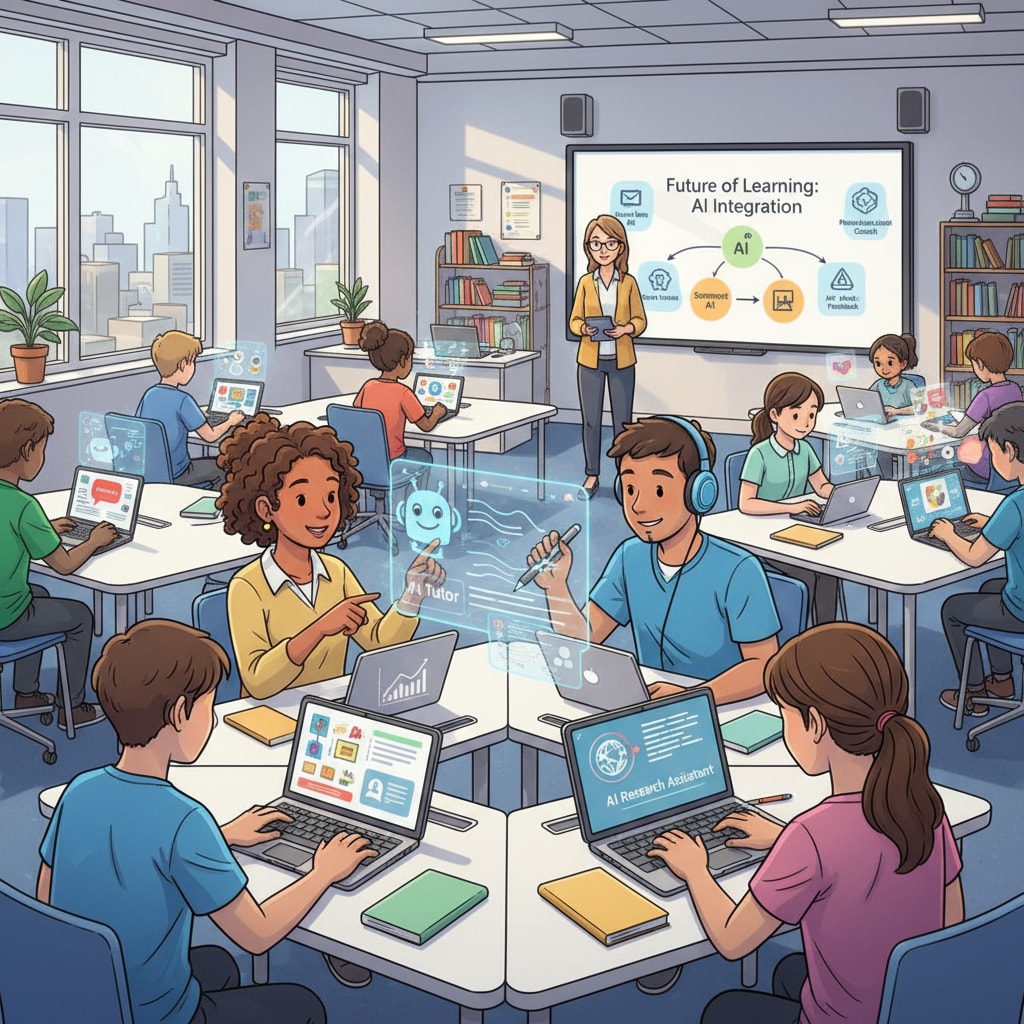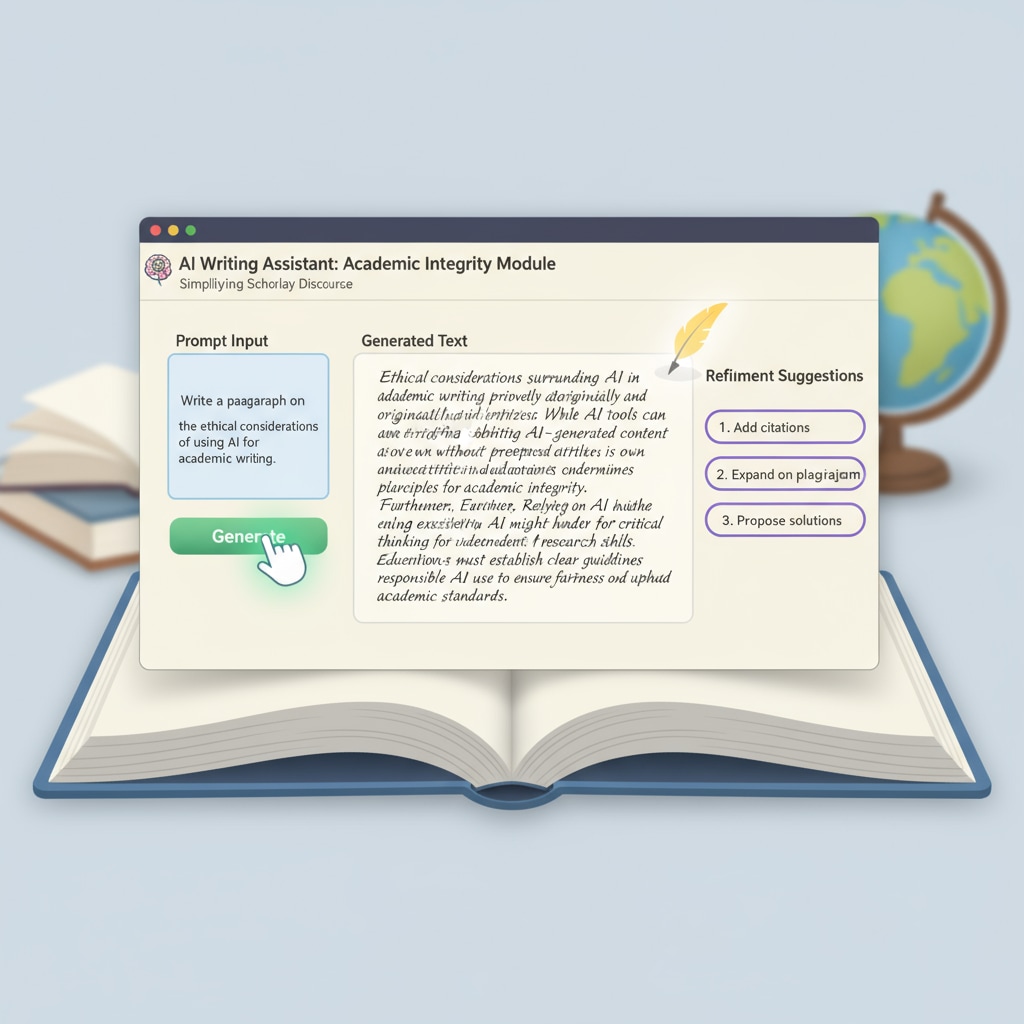Artificial intelligence, academic integrity, and fairness are at the forefront of discussions in the modern educational landscape, especially in K12 education. The widespread use of AI in this field has brought about a series of complex issues that educators, students, and parents need to address.

As AI becomes more integrated into teaching and learning, it is crucial to understand its implications for students’ academic growth and the overall fairness of the educational system.
The Impact on Academic Integrity
One of the most significant concerns is the threat to academic integrity. With the availability of advanced AI writing tools, some students may be tempted to use them to complete assignments. For example, they could input a topic and receive a well-written essay within minutes. This not only undermines the learning process but also devalues the efforts of honest students. According to Wikipedia’s entry on Academic Integrity, academic integrity is the foundation of a legitimate educational system. When students rely on AI to cheat, it disrupts the fairness of assessments and the authenticity of academic achievements.

Challenges to Fairness
The use of AI in K12 education also raises questions about fairness. Not all students have equal access to AI tools. Some may come from affluent families who can afford the latest software, while others may not. This creates a digital divide, further exacerbating educational inequality. In addition, teachers may find it difficult to fairly assess students’ work when they are unsure whether AI has been used. As stated in Britannica’s article on Educational Equity, ensuring fairness in education is essential for providing equal opportunities for all students. The uneven use of AI in the classroom challenges this fundamental principle.
Another aspect of fairness is related to the skills that are being taught. AI may replace certain tasks that were previously used to develop students’ basic skills, such as writing and research. If students become overly reliant on AI, they may not develop the critical thinking, problem-solving, and communication skills that are essential for their future. This could put students from disadvantaged backgrounds at an even greater disadvantage, as they may not have the additional support to develop these skills outside of school.
Readability guidance: The above content uses short paragraphs to clearly present the main points. Lists could be further incorporated in subsequent sections to better organize ideas. The use of passive语态 is minimized, and transition words like ‘for example’ and ‘in addition’ are used to enhance the flow of the text.


